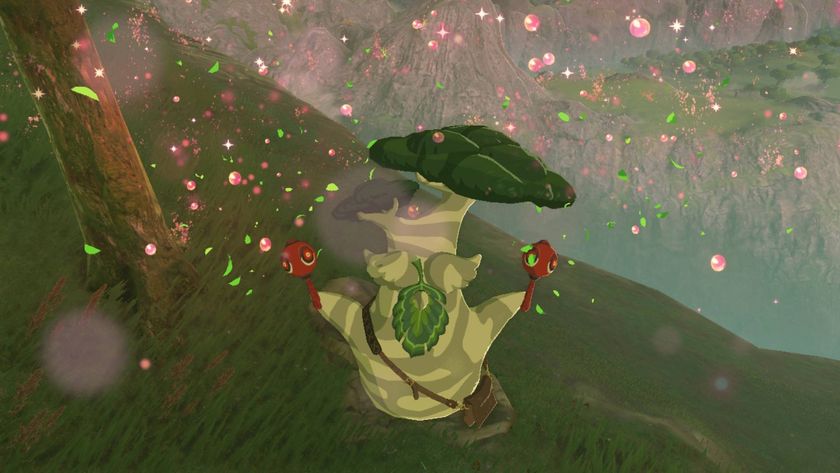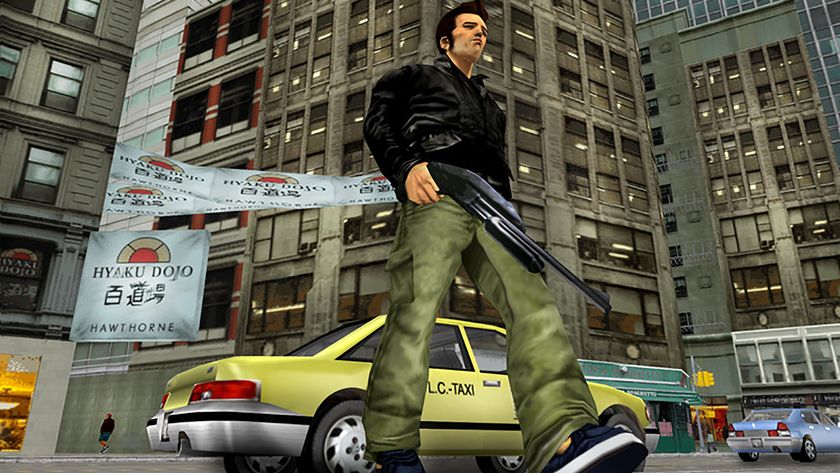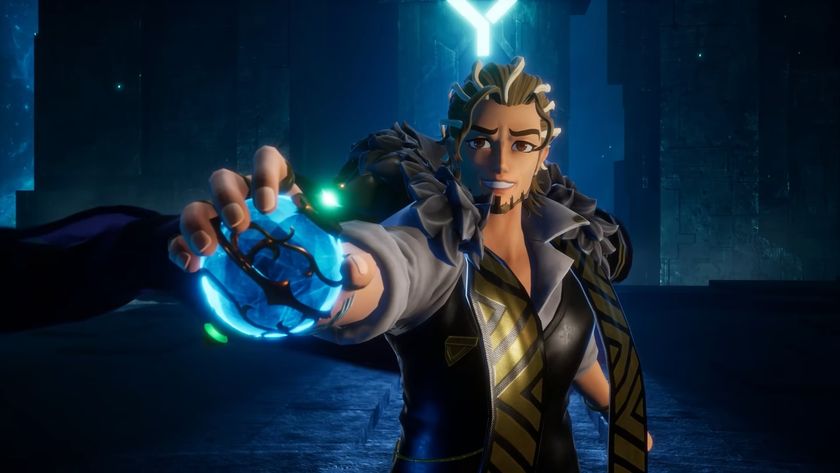Infinity Blade developer is planning more Shadow Complex, would love to make Zelda-type game too
The hardcore gamer's favorite iPhone developer talks about the future
Shadow Complex – not a question of if, but a question of when

Shadow Complex generated a lot of interest not only because of its stunning graphics and gameplay but because of its story, penned by comic book writer Peter David. Orson Scott Card, the author of Ender’s Game, also wrote two novels in the same universe and has a third on the way. Admittedly, this has caused some confusion about who owns and wrote what. Donald straightened it out for us. “We totally own Shadow Complex, we own Empire (a series of novels set in the same universe - Ed), we own all of it.
We came up with the original ideas and the story and we approached Orson Scott Card and said ‘we have this game we’re making and we want to push it in other directions outside of being a game. Would you be interested in working on it with us.’ So Orson Scott Card actually paid us to write two books and a third is on the way.” Donald further explained, “And actually, other than Ender’s Game, the first Empire book was his second biggest selling book of all time.” Laura goes on to explain that Empire and Shadow Complex exist independently, but complement each other.

Epic Games (which owns Chair) has a policy against using licensed intellectual property for games, but as Chair fully owns Shadow Complex they are free to pursue any games they would like in that universe. And they plan to do so. “Yeah, we definitely have a lot of stuff we still want to do in our Shadow Complex franchise,” Donald assures us, “We loved making Shadow Complex and we loved that genre and we think we have more to say in that genre. So with Shadow Complex it’s not a question of if, but a question of when.”
Gold

One interesting facet of Infinity Blade is the ability to buy in-game gold with real money. Many principled gamers see this just as a different type of cheat code, one that costs more than a simple Google search. This is sacrilege to many hardcore gamers, but apparently not everyone holds that view.
Donald explains that when the game launched, there was no option for gamers to buy gold. So when feedback started coming in, “we thought for sure we’d get feedback on the gameplay, but seriously, we started getting flooded by emails and comments asking us why they couldn’t buy gold.” Donald’s first reaction to this was “just play the game for four or five hours, you’ll have millions of dollars of gold!” But Chair had committed to giving players what they wanted so they put the option in the game, not expecting to see many people buying gold. “We were very surprised,” Donald says.
Sign up to the GamesRadar+ Newsletter
Weekly digests, tales from the communities you love, and more
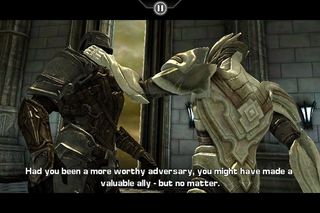
He explains that at first he couldn’t understand this trend, but has come to believe that a certain segment of gamers just want to see a game progress faster. He believes these people don’t really mind spending an extra $5 to see that content sooner. And the team at Chair doesn’t mind at all if people want to spend more money on their game, “There are going to be more traditional gamers that want to buy the game, pay the price and play it for hours and hours, and that’s how they’re going to find their fun.” Donald says, “And there are other consumers out there that want to consume the product in a different way.” He speculates further that those paying for extra content have a more disposable income and feel as though their time is more valuable than a $5 bag of gold.
Epic – the dream
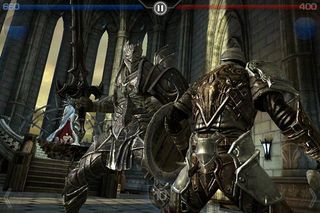
Chair was acquired by Epic halfway through the development of Shadow Complex. They had already been working with Epic for years, as Donald’s earliest game (before founding Chair), Advent Rising, used the Unreal Engine 2.0. Donald explains the justification for seeking the acquisition, “We have way more resources than we would ever have if we were independent. Epic is a developer. Not just a developer of games but a developer of technology.” But he insists that beyond following a few minor corporate rules (such as the aforementioned rule against licensing IP), working with Epic has not stifled their creativity in any way. “I didn’t want to be acquired if Chair had to make assigned projects. No, they came in and told us we could operate as Chair still and we could tell them what kinds of games we wanted to make. That was the dream for us.”
The relationship has been mutually beneficial, as Chair arrived with three strong IPs, all with multiple game of the year awards. So Chair gets to remain a small studio working on its own projects, but with the resources of a huge company. “I’ve got a 350 person team in China and I’ve got a 180 person team in Poland and we’ve got people in North Carolina and we can pull from all those resources when we need to do bigger stuff.” Donald says that at this point; they need all of those resources. “There’s no way we could have made Infinity Blade in 12 months with just 5 people.”
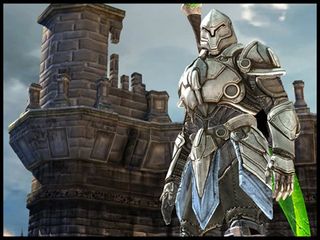
Donald believes they’ve been fortunate in that Epic has never come to Chair with projects they would like made. Perhaps the explanation for this lies in the fact that his team, like most designers, “have more ideas than we have life in us.” Donald insists, “We’ll all be dead before we can do all the ideas we want to do.” This isn’t to say that Epic hasn’t suggested ideas. It was Epic that suggested Donald and his team look into making an iOS game, after seeing the technological power of the hardware. “But they didn’t say what kind of game,” Donald clarifies “they just said ‘Do you guys want to make a game? Go make whatever you want.’” And considering all three of Chair’s games thus far have been great, we’re behind that call 100%. You make it we’ll play it. We don’t care what it is.
But that Zelda comment did sound really intriguing.
Jun 1, 2011
